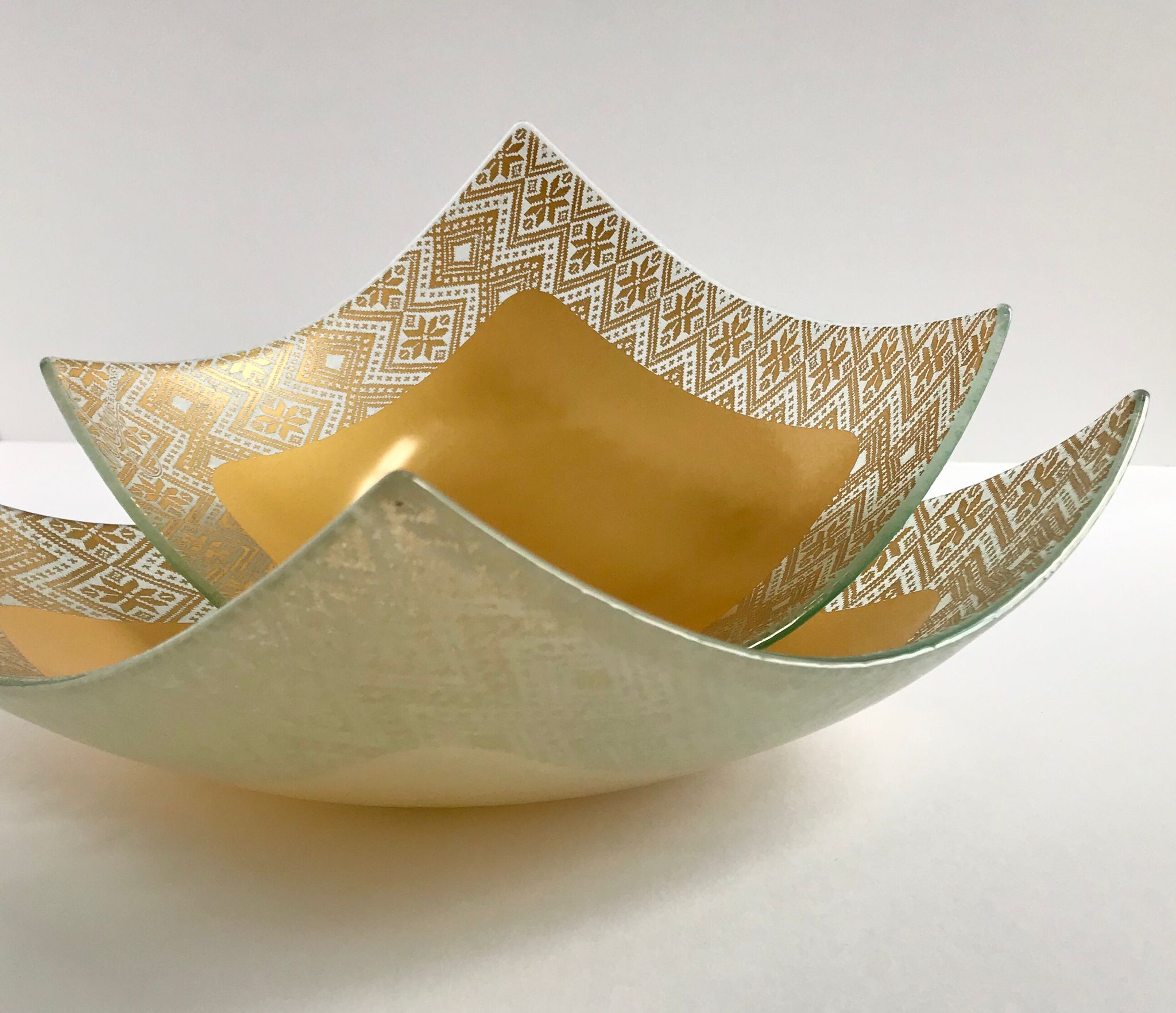Original Story Published by: Helen Jennings, TL Magazine, www.tlmagazine.com
Photo Source: TL Magazine
(Above) Emmy Kasbit, lookbook de la collection PE2021 /SS2021 collection lookbook Make-up: Uche Enyokwa - Male model: Ghafar Bello, LED Model Management - Female model: Rebecca Fabunmi, Few Models
“Cloth is to Africans what monuments are to Westerners… Their capacity and application to commemorate events, issues, persons and objectives outside of themselves are so immense.” El Anatsui, 2005
These wise words from Ghana’s most celebrated fine artist sums up Africa’s gloriously storied textile heritage, which not only speaks to generations of artisanal mastery but also to the significant cultural communication performed with cloth across the continent. And over recent decades, African fashion designers have elevated these treasures still further through their designs. Early pioneers include Shade Thomas-Fahm who revolutionised Nigerian fashion in the 1960s by using handwoven aso-oke. In the 1980s, Malian Chris Seydou was the first designer to consider bògòlanfini mud cloth. And in 1990s Ghana, Kofi Ansah modernised ceremonial kente cloth.
Today many heritage fabrics face being lost as older generations of makers pass on. This does not mean however, as commonly believed, that African fabric and weaving traditions belong to the past, unchanging relics of a by-gone era. In fact, they remain ever-evolving tools for creating employment, empowerment and innovation. For example, the Ethical Fashion Initiative, a programme of the International Trade Centre, works with co-ops in several countries to finance their valuable skills, whether silk screening, sewing, dying or weaving, and develop ethical supply chains.
But it is the current generation of sought-after African designers and entrepreneurs who are the ones using new thinking to take ancient textiles into the future. In Nigeria, Emmanuel Okoro of Emmy Kasbit focusses on re-imagining akwete, a loom-woven cloth made by Igbo women in eastern Nigeria. “There are over 100 traditional motifs and it’s said that each one came to its maker from the spirits in their dreams,” says Okoro. “For me, it comes down to preserving the culture our forefathers in a modern way. Storytelling is at the forefront of putting African fashion on the global stage, so we cannot tell our stories with western fabrics.”
To read the full article, visit www.tlmagazine.com.









